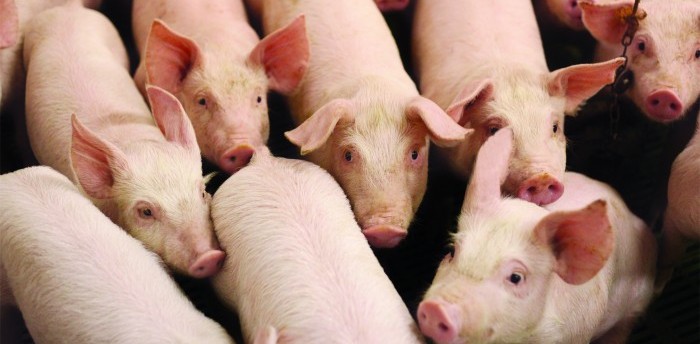Boehringer Ingelheim has entered into a partnership to utilise Artificial Intelligence (AI) for the detection and early-reporting of global disease outbreaks.
The animal health company has announced the beginning of a long-term partnership with London-based Lifebit Biotech to use real-world data harvested from scientific publications and other open sources to trace outbreaks. This will allow R&D efforts to be prioritised accordingly, it said.
Scientists and researchers from the two organisations will work side-by-side to combine real-world evidence and the latest AI algorithms to identify infectious disease outbreaks and respond accordingly. Lifebit REAL uses advanced analytic capabilities to automatically notify users of relevant outbreaks, such as the emergence of pathogens like COVID-19.
Lifebit’s system combines precision data harvesting techniques with proprietary cutting-edge AI algorithms to identify signals from all the ‘data noise’, for example, the more than 500 million tweets, 3 million news articles and thousands of scientific papers published every day.
Dr. Eric Haaksma,Boehringer’s head of animal health global innovation said: “External innovation is becoming an increasingly important aspect of our R&D playbook.
“Therefore, we are strategically partnering with Lifebit to leverage AI to monitor and interpret scientific and other sources in real-time, enabling us to track data related to animal diseases. This, in turn, will accelerate the detection process as the vast amounts of scientific relevant information being produced at many levels cannot be feasibly collected and analysed manually.”
Dr. Maria Chatzou-Dunford, CEO of Lifebit Biotech, added: “At Lifebit we thrive at connecting both locked-up sensitive biomedical data from around the world and AI-driven automated RWE data insights – so that companies at the cutting edge of science, like Boehringer Ingelheim, can make faster and smarter decisions – delivering insights that change lives.”
Boehringer Ingelheim Animal Health is the second largest animal health business in the world, with net sales of 4.1 billion euros in 2020 and presence in more than 150 countries.




